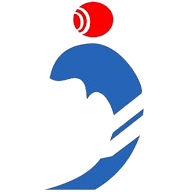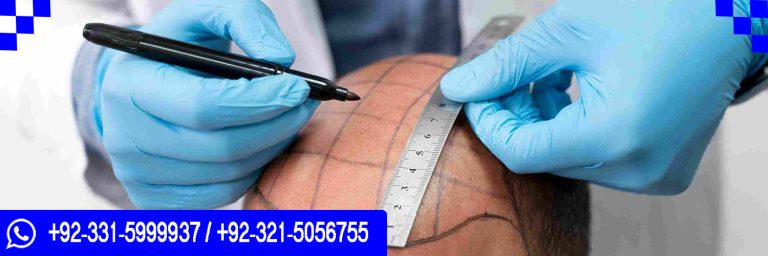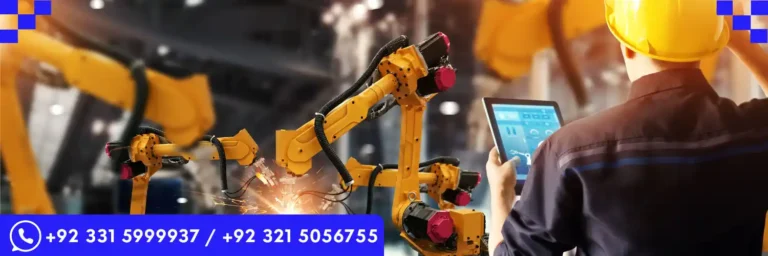The ICTQual AB Level 3 Diploma in QA/QC Piping Inspector is an internationally recognized qualification designed to provide learners with the essential knowledge and practical skills required to begin or advance a career in piping inspection, quality assurance, and quality control. This program introduces participants to the fundamentals of piping drawings, welding processes, inspection methods, and non-destructive testing (NDT) techniques, ensuring they are well-prepared to meet industry standards.
With industries such as oil and gas, petrochemicals, power generation, and construction heavily dependent on piping systems, the demand for skilled QA/QC inspectors continues to grow. This diploma equips learners with the ability to interpret engineering drawings, perform inspections, ensure compliance with codes and standards, and coordinate effectively with project teams. By completing this course, learners will gain the confidence and technical expertise to contribute to safe, reliable, and high-quality piping projects worldwide.
Course Overview
- Qualification Title: ICTQual AB Level 3 Diploma in QA/QC Piping Inspector
- Awarding Body: ICTQual AB
- Total Units: 06 Units
- Total Credits: 30
Course Study Units
- Piping Engineering Drawing Interpretation: GA, BOM, Support Layout
- Intermediate Visual, Dimensional & Fit‑up Inspection Methods
- Welding Processes, Codes & Weld Symbol Interpretation
- Non‑Destructive Testing (NDT) Methods: VT, PT, MT, ET
- Quality Control Principles: Sampling, SPC Basics
- Site Surveillance & Coordination with Project Teams
Course Learning Outcomes
Piping Engineering Drawing Interpretation: GA, BOM, Support Layout
- Interpret general arrangement (GA) drawings and bill of materials (BOM)
- Understand piping layouts and support structures
- Apply drawing interpretation in inspection planning
Intermediate Visual, Dimensional & Fit‑up Inspection Methods
- Perform visual and dimensional inspections of piping systems
- Assess fit-up accuracy before welding
- Identify common defects and deviations
Welding Processes, Codes & Weld Symbol Interpretation
- Understand common welding processes used in piping projects
- Interpret weld symbols and codes accurately
- Verify weld quality against standards
Non‑Destructive Testing (NDT) Methods: VT, PT, MT, ET
- Apply basic NDT methods including visual testing (VT), penetrant testing (PT), magnetic particle testing (MT), and eddy current testing (ET)
- Interpret NDT results for quality assurance
- Ensure compliance with safety and inspection requirements
Quality Control Principles: Sampling, SPC Basics
- Apply sampling techniques in inspection processes
- Understand statistical process control (SPC) basics
- Use QC principles to ensure consistent quality
Site Surveillance & Coordination with Project Teams
- Conduct site surveillance during piping projects
- Coordinate effectively with engineers, welders, and project teams
- Document and report inspection findings
Course Benefits
This diploma provides learners with a strong foundation in QA/QC piping inspection, preparing them for entry-level and intermediate roles in the industry. It combines theoretical knowledge with practical applications, ensuring learners are job-ready.
- Builds essential QA/QC inspection skills for piping projects
- Enhances employability in oil, gas, petrochemical, and construction sectors
- Provides practical knowledge of NDT and welding inspection
- Recognized internationally by employers and industry bodies
- Supports career progression into advanced QA/QC roles
Ideal Learner
This course is ideal for individuals who want to start or strengthen their careers in piping inspection and QA/QC. It is suitable for those seeking technical knowledge and practical skills to work in industrial projects.
- Aspiring QA/QC inspectors
- Mechanical technicians and engineers
- Welding inspectors and supervisors
- Project engineers in oil, gas, and construction sectors
- Technical staff seeking formal QA/QC qualifications
Entry Requirements
To ensure successful learning outcomes, candidates should have a basic understanding of engineering or technical processes. Prior experience in piping or inspection roles is helpful but not mandatory.
- Minimum high school diploma or equivalent
- Basic proficiency in English (reading and writing)
- Familiarity with engineering drawings or industrial processes (preferred)
Who Can Enroll
This qualification is open to a wide range of learners, from beginners to professionals seeking to formalize their skills. It is particularly valuable for those aiming to enter the QA/QC field.
- Fresh graduates seeking technical careers
- Working professionals in mechanical or piping roles
- Organizations training internal QA/QC inspectors
- Contractors and consultants in oil, gas, and construction industries
Future Progression
Graduates of this diploma are well-positioned to pursue advanced qualifications and higher-level roles in QA/QC and inspection. The certification supports continuous professional development and global career opportunities.
- Progress to ICTQual AB Level 4 Diploma in QA/QC Piping Inspector
- Advance into roles such as QA/QC Inspector, Welding Inspector, or Site Supervisor
- Pursue specialized certifications in NDT or ISO Lead Auditor programs
- Contribute to international projects in oil, gas, petrochemical, and power sectors






